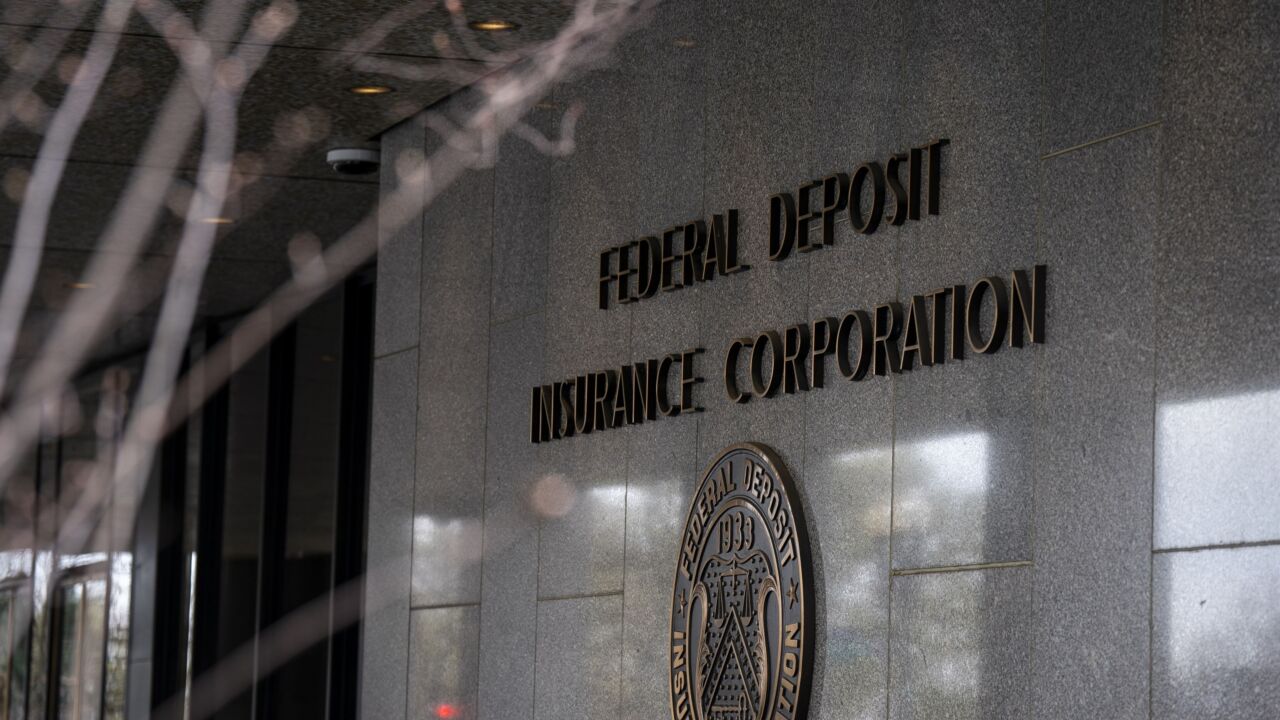
Blue Ridge Bank has begun offboarding at least a dozen fintech partners, with more separations to come, after its once fast-growing banking-as-a-service business put the bank in regulatory hot water last year.
The Virginia-based bank said Thursday in an investor presentation that it planned to reduce its nearly 50 BaaS relationships to a "limited number" with a commercial focus or "strong consumer traction" and that it will roll off the rest in the next year.
Blue Ridge has been recalibrating its BaaS strategy since the
"There's still a lot of just blocking and tackling that we've got to do to get the bank to work the way it's supposed to," Beale said in the interview.
Beale added in the October interview that achieving profitability in BaaS was difficult due to the related compliance costs. The business currently produces up $721 million of deposits, about one-quarter of the bank's total deposits, and $50 million of loans. Blue Ridge noted in its recent presentation that it would curb partnerships with fintechs that had high account volume or low deposit volume per account to "reduce significant compliance oversight."
The bank will continue providing lending and deposit services to fintechs, including partners like Unit, Upgrade and Flex.
Blue Ridge added in the presentation that it was still working to bring its fintech policies and procedures in line with the OCC's enforcement action but has "developed a strategic road map" for BaaS business. The bank also incurred $7.3 million in remediation costs year to date.
At the American Fintech Council's 2024 policy summit, banking-as-a-service was the talk of the town as experts shared how to avoid missteps in the business.
BaaS has been facing
"There's still a lot of just blocking and tackling that we've got to do to get the bank to work the way it's supposed to," Beale said in the October interview.
Blue Ridge announced at the end of last month that it lost $41.4 million in the third quarter, in part driven by a goodwill impairment charge from its stock price's drop. The bank's stock has fallen more than 75% year to date, down to $2.97.






